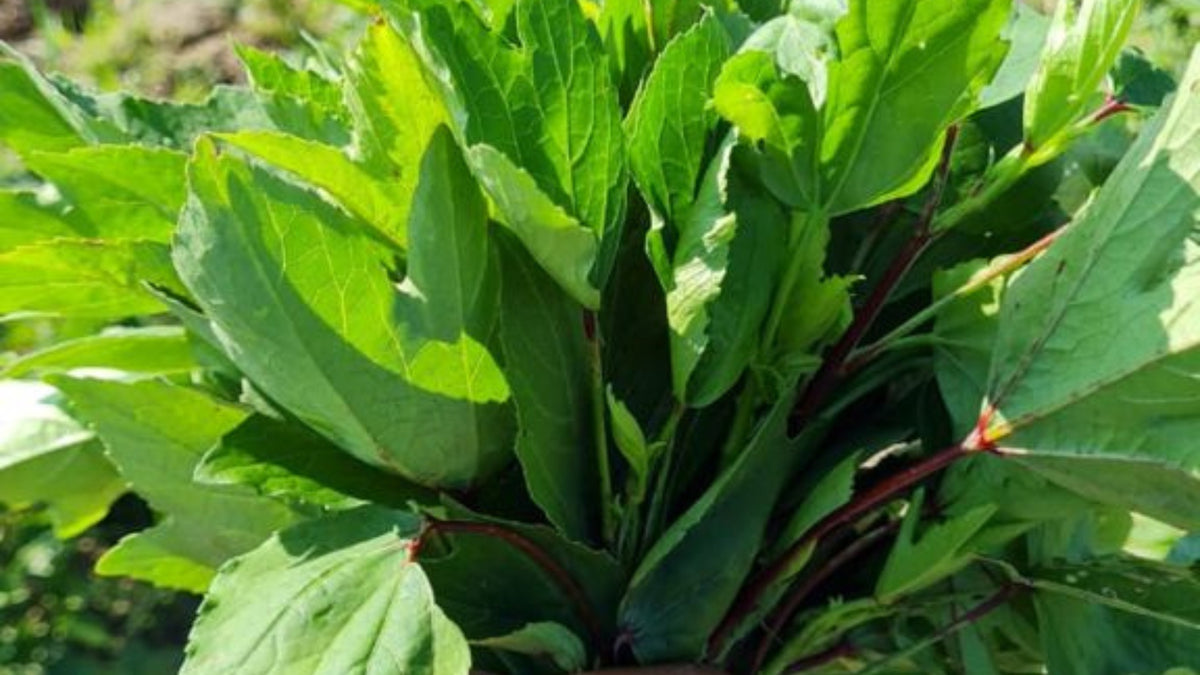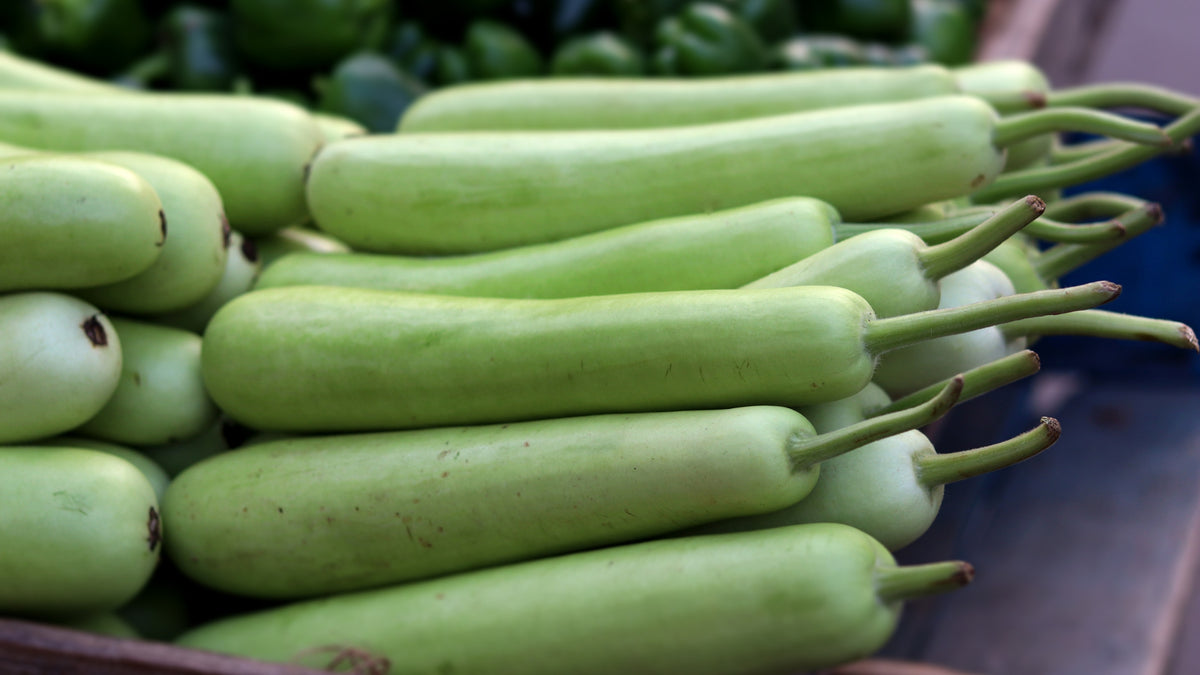
Lifting Your Spirit with Ayurveda

The World Health Organization states that, "Health is a state of complete physical, mental and social well-being and not merely the absence of disease or infirmity." This definition is similar to the Ayurvedic definition of health, which emphasizes the importance of a healthy mind and spirit as well as the body and senses. Depression is a common disorder that affects one out of every six US adults at some point in their life (1).
Ayurvedic View On Depression
Ayurveda refers to depression as Mano Visada, which is a disorder that affects a person’s thoughts, feelings, behaviors and physical health. Ayurveda does not separate physical disorders from mental disorders. The Sanskrit word Ayus, means life, which consists of the mind, body, spirit and senses. Therefore, Ayurveda looks at all these aspects as factors which affect a person’s state of mind.
The Mind
With Mano Visada, the predominant dosha of the mind is tamas which has qualities of heavy, dull and slow. If a person’s mind is tamas, they will be unmotivated, tired, inactive and may even have difficulty processing thoughts clearly.
With some people the mind becomes tamas after experiencing a rajas mind state. Rajas is the exact opposite of tamas, and has qualities of constant motion, over thinking and being overactive. People with overactive minds are anxious, restless and talk a lot. They become exhausted and then the mind becomes tamas. This is how or why some people cycle between anxiety and depression.
Another aspect of the mind is sattva bala or mental strength. A person with a high sensitivity level can have a propensity toward tamas because they are triggered easily by life’s difficulties. A person with strong mental strength is more resilient to life’s difficulties and tends to bounce back easier. Ayurveda encourages people to practice resilience by developing patience, understanding, and courage.
The Body
Mano Visada is associated with kapha disorders but can also be due to aggravated vata. A tamas state of mind is an example of vata blocking kapha, this is called avarana vata. Symptoms of aggravated vata in the mind are decreased energy, irregular appetite, poor concentration, and anxiety that leads to depression, difficulty sleeping and generalized pain. Aggravated vata leads to the depletion of ojas which is our bodies vitality, immunity, resilience and stability. Aggravated kapha in the mind will present with symptoms of apathy, sluggishness, excessive sleep and weight gain.
Improving digestive strength is the first step toward balancing the doshas back to a normal state. Serotonin is a neurotransmitter that is responsible for mood, cognition, reward, learning, and memory. Ninety-five percent of serotonins are produced by friendly bacteria in the gut. Serotonins modulate mood and create feelings of reward, while the stress reaction destroys the friendly bacteria. This can become a vicious cycle, where one negative aspect feeds another. Medical studies show that many GI disorders are accompanied by depression as a secondary disorder.
The Senses
There is a saying “you are what you eat.” From an Ayurvedic perspective this also includes what we ingest through our sensory organs. We ingest what we see, hear, taste and touch. Our sensory organs connect us to the world and determines how we see, experience and react to what is happening around us.
Overusing, underusing, and misusing the senses can lead to tamas state of mind. For instance, we live in a time of media overload from computers, social media, news, and constant texts or emails. The sense organs become overloaded, and the mind becomes overloaded by non-stop information. At first the mind becomes hyperactive then exhausted by all the stimulation. The person’s perception and thought process is distorted by information overload. Similarly, physical trauma or excessive physical activity can also cause a tamas state of mind.
Two Types of Mano Visada
Ayurveda recognizes two types of tamas state of mind: A purely vata type and a vata-kapha type. Regardless of which type, both are due to a predominance of tamas and vata. A successful Ayurvedic protocol will consider which type of depression is present as there are separate protocols for each one.
Vataja Mano Visada has signs and symptoms of insomnia, weight loss, irregular appetite, overactive mind, difficulty focusing, general aches and pain. Vataja type will cycle between anxiety and depression.
Vata-Kaphaja Mano Visada has signs and symptoms loss of interest in normal activities, excessive fatigue, weight gain, feeling hopeless, stomach cramps, nausea and isolation.
Ayurvedic Health Plan for Mano Visada
An Ayurvedic health plan manages the four aspects of mind, body, spirit, and senses.
Ayurvedic Diet for Supporting Mano Visada
Foods need to be warm, moist, light and easy to digest, this will pacify both vata and kapha, and encourage proper elimination. If the digestive strength is low because there is excess kapha, then warming spices will be needed to stimulate and strengthen the digestive strength.
Eat a vata-kapha warming diet of soups and stews. If there is excess vata aggravation with depletion then choose winter vegetables over summer vegetables. Choose carrots, green beans, beets, winter squash, pumpkin, sweet potatoes and ash gourd. Grains such as basmati rice, red rice, wheat flatbread, and barley will support both vata and kapha. Use warming spices like cumin, cinnamon, hing, ginger and black pepper. At the end of the day enjoy a warm beverage with boiled milk, ashwagandha powder and cinnamon to encourage sound sleep.
Limit foods that increase vata like broccoli, cabbage, kale, cauliflower, leafy greens, raw apples, and old foods that are processed, frozen or leftover. Avoid sticky dense foods, like yogurt, cheese, nut butters and chocolate that increase kapha. Most importantly avoid alcohol and caffeine.
Daily Routine for Supporting Mano Visada
- Creating a daily routine of sleeping, eating and exercising the same time each day will calm vata dosha.
- Wake up an hour before sunrise and wind down and go to sleep 2 – 3 hours after sunset. Sleeping outside of these times increases kapha and tamas.
- Next take a shower or bath after having a bowel movement. Bathing helps to clear the mind, body and senses.
- Then take a walk outside in nature or do yoga or stretching in the early morning to help move tamas from the mind.
- Finally eat a nourishing breakfast that will sustain you through the morning until lunchtime. Dinner should be 2 – 3 hours before sundown.
Ayurvedic Products for Supporting Mano Visada
- Brahma Rasayanam contains the herbal formula dasamula (ten roots), which balances vata dosha, nourishes the nervous system and brain, and helps improve memory and sleep. And most importantly, it helps lift the spirit while reducing the effects of stress.
- Manasamitra Vatakam supports and balances vata dosha and the nervous system. The main herbs vacha and shilajatu help strengthen and nourish the nervous system, memory, concentration, and helps to promote sound sleep.
- Aswagandha Churnam supports and balances vata dosha, sound sleep, brain function, and the nervous system. It has antioxidant properties that support both the immune and hormonal system. For supporting the nervous system, combine 1 tsp of ashwagandha powder with one cup of warm milk.
- Aswagandha Tablet supports and balances vata dosha, sound sleep, brain function, and the nervous system. It has antioxidant properties that support both the immune and hormonal system. For supporting the nervous system take 2 tablets, 2 times per day with warm water.
- Ashwagandha Arishtam supports and balances vata dosha. The main herb ashwagandha supports men's reproductive health, along with muscle, nerve and bone strength. Ashwagandha is a nervous system rejuvenator that helps balance the mind for both depression and anxiety.
AYURVEDIC CONSULTATION
Kottakkal is committed to offering the highest quality Ayurvedic Healthcare. We offer two ways to have an Ayurvedic consultation. 1. Free 15-minute Consultation with our Ayurvedic practitioner, Julie Wardwell, for when you need a product recommendation for a basic health problem. 2. In-depth Consultation with our Ayurvedic doctor, Vaidya Vishwanath Guddadar for when your condition is chronic with multiple symptoms.
Reference:
- The World Health Organization, Definition of Health. https://www.who.int/about/accountability/governance/constitution
Disclaimer: These statements have not been evaluated by the Food and Drug Administration. Kottakkal Ayurveda products and information are not intended for use in the diagnosis, treatment, cure, or prevention of any disease. If you have serious, acute, or chronic health problems, please consult a trained health professional. If you are seeking the advice of a trained Ayurvedic professional, call (800) 215-9934 or email us at contact@kottakkal.shop. We will provide you with information to consult with Ayurvedic professionals. Always check with your doctor before taking herbs when pregnant or nursing.
Also in Healing with Kottakkal Ayurveda

Food is Medicine - Organic Gongura Leaf
Gongura, often referred to as Indian sorrel, is a leafy green vegetable packed with an array of health benefits. This vibrant green is a treasure trove of essential vitamins, minerals, and antioxidants.

Food Is Medicine - Organic Bottle Gourd

Boosting Energy and Rejuvenation with Narasimha Rasayana
Narasimha Rasayanam is an herbal jam formulated with base ingredients of butter, honey, and milk. This time-tested remedy is believed to promote balance within the body's three doshas, vata, pitta, and kapha and supports a range of health concerns. From supporting physical strength and hair health to promoting rejuvenation and cognitive function, Narasimha Rasayanam offers a multifaceted approach to well-being.


Kottakkal Support